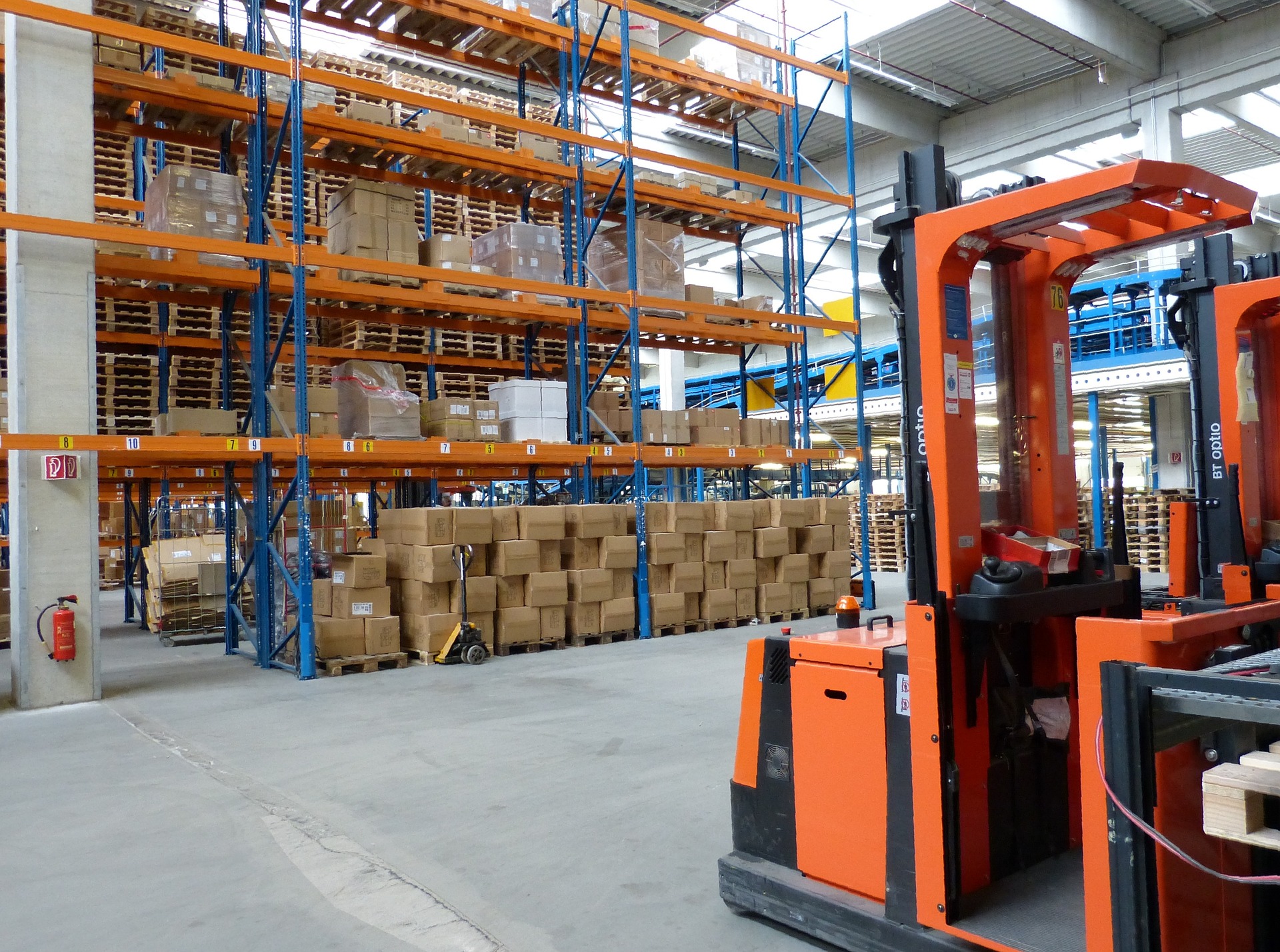Working as a Packer: Everything You Need to Know
Packing jobs represent an important segment of the warehouse and logistics industry, offering employment opportunities across various sectors. These positions involve preparing items for shipment, ensuring products are properly secured and organized for transport. Whether in manufacturing, e-commerce fulfillment centers, or distribution facilities, packers play a crucial role in the supply chain process. This article explores the nature of packing work, qualifications typically required for these positions, and potential career advancement paths for those interested in this field.
What Does Warehouse Packing Work Involve?
Warehouse packing positions encompass a range of responsibilities focused on preparing products for shipment or storage. Packers typically handle tasks such as wrapping items in protective materials, placing products in appropriate containers, sealing packages, and attaching shipping labels. The work often involves following specific packing protocols to ensure items arrive at their destination intact.
Daily responsibilities may include:
-
Receiving and unpacking incoming materials
-
Selecting appropriate packaging materials based on product requirements
-
Assembling boxes or containers
-
Weighing packages and recording data
-
Operating equipment such as tape dispensers, heat sealers, or packaging machinery
-
Performing quality checks to ensure products are not damaged
-
Maintaining clean and organized work areas
-
Meeting productivity metrics and time standards
The physical nature of packing work should be considered. The position typically requires standing for extended periods, repetitive motions, and occasionally lifting items of varying weights. Many warehouse environments operate multiple shifts, and some facilities function 24/7, potentially offering flexible scheduling options.
General Requirements for Packing Positions
Packing roles generally have specific requirements that candidates should be aware of before pursuing these positions. While entry-level packing jobs often don’t require extensive formal education, certain qualifications and attributes can improve chances of securing employment in this field.
Most packing positions typically look for:
-
Physical capabilities: Ability to stand for extended periods, lift objects (commonly up to 50 pounds), and perform repetitive motions
-
Attention to detail: Ensuring products are packed correctly and safely
-
Basic math skills: For measuring, counting, and recording quantities
-
Time management: Meeting productivity standards while maintaining quality
-
Communication abilities: Following instructions and coordinating with team members
-
Reliability: Punctuality and consistent attendance are highly valued
-
High school diploma or equivalent: Often preferred but not always mandatory
Some specialized packing roles may require additional qualifications such as forklift certification, experience with specific packing equipment, or knowledge of hazardous materials handling procedures. Computer literacy is becoming increasingly important as many warehouses implement digital inventory and tracking systems.
Career Development Possibilities
While packing positions often serve as entry points into the logistics and supply chain industry, they can lead to various career advancement opportunities. With experience and additional training, packers can progress along several potential career paths.
Advancement possibilities typically include:
-
Team leader or supervisor roles: Overseeing packing operations and managing small teams
-
Quality control specialist: Ensuring packaging meets standards and identifying process improvements
-
Inventory management: Transitioning into roles focused on stock control and warehouse organization
-
Logistics coordinator: Moving into positions that coordinate shipping and receiving operations
-
Specialized packing roles: Advancing to positions handling high-value or specialized items requiring advanced skills
Many companies provide on-the-job training and development programs. Some may offer tuition assistance for relevant certifications or degree programs in supply chain management, logistics, or related fields. Professional development opportunities might include:
-
Forklift and equipment operation certifications
-
Hazardous materials handling training
-
Inventory management system certifications
-
Supply chain management courses
-
Leadership and supervisory skills training
The logistics and warehousing industry continues to grow with the expansion of e-commerce and global trade, potentially creating advancement opportunities for those who demonstrate reliability, efficiency, and a willingness to learn new skills.
Typical Working Conditions and Compensation
Warehouse environments vary considerably depending on the industry, company size, and location. Most packing work takes place in warehouse settings that may be temperature-controlled or exposed to seasonal temperatures. The pace of work often fluctuates with seasonal demand, with many facilities experiencing significant increases in activity during holiday seasons or specific industry cycles.
Compensation structures for packing positions generally include:
-
Hourly wages rather than salaried arrangements
-
Potential shift differentials for evening, overnight, or weekend work
-
Seasonal or performance-based bonuses in some facilities
-
Benefits packages that may include health insurance, retirement plans, and paid time off, particularly with larger companies or for full-time positions
Compensation rates vary widely based on location, industry, and individual company policies. Entry-level packing positions typically offer wages starting near minimum wage, with potential increases based on experience, performance, and specialization.
Prices, rates, or cost estimates mentioned in this article are based on the latest available information but may change over time. Independent research is advised before making financial decisions.
Preparing for a Career in Packing
For those interested in pursuing packing positions, several strategies can help increase employability and success in the field. Understanding the industry and specific requirements of potential employers can provide a competitive advantage when seeking these roles.
Preparation steps may include:
-
Developing physical stamina through regular exercise
-
Gaining experience in customer service, retail, or other positions requiring attention to detail
-
Obtaining relevant certifications like OSHA safety training or forklift operation
-
Researching potential employers to understand their specific products and packing requirements
-
Preparing for assessment tests that may evaluate speed, accuracy, and physical capabilities
Many warehouse operations have seasonal hiring peaks, making it beneficial to research these cycles when planning job searches. Temporary or staffing agencies often serve as entry points for packing positions, sometimes leading to permanent employment opportunities after demonstrating reliability and strong performance.
Understanding the modern warehouse environment, including familiarity with common technology used in inventory and shipping systems, can also provide job seekers with an advantage when applying for packing roles in today’s increasingly automated logistics industry.





